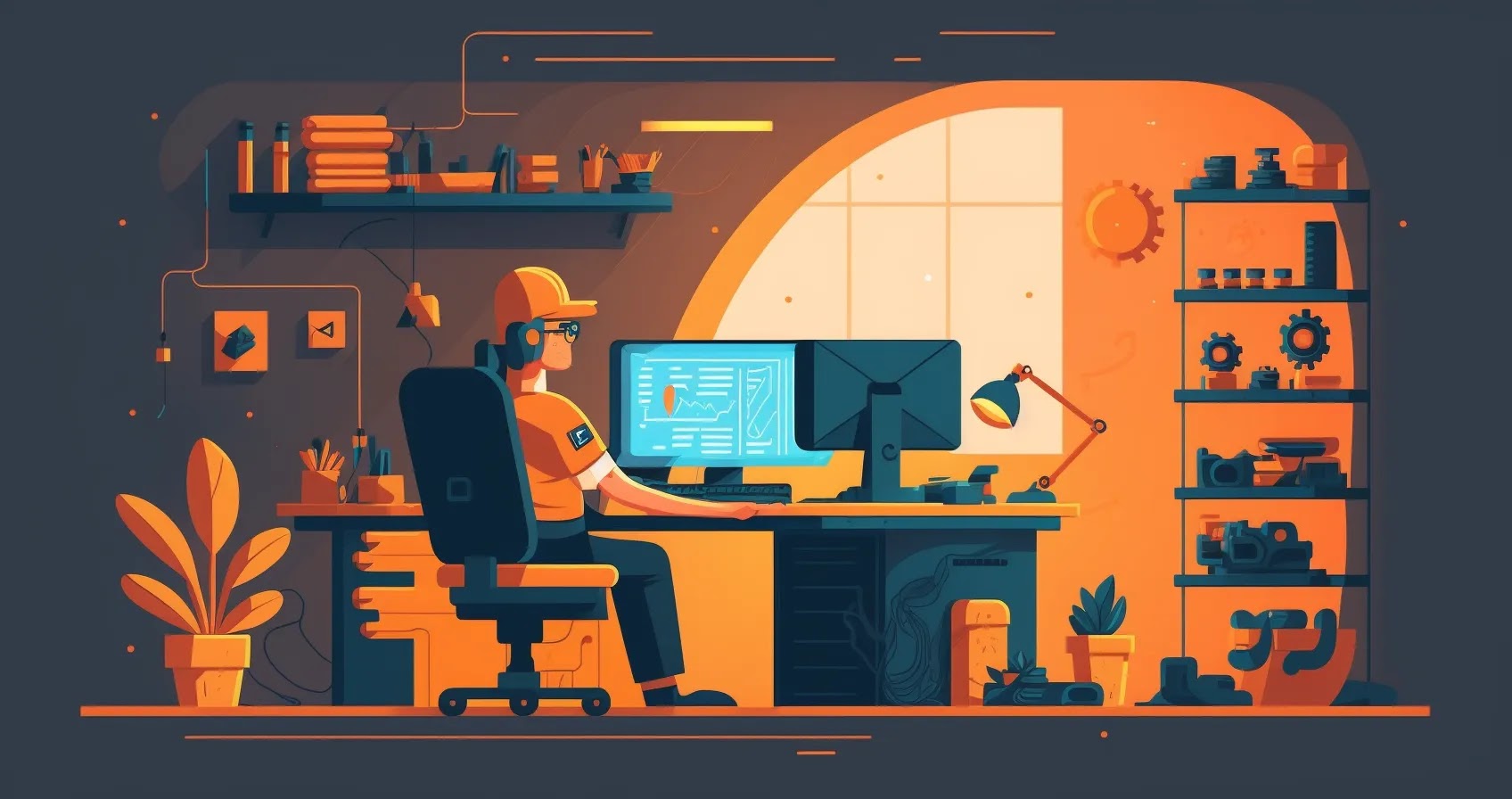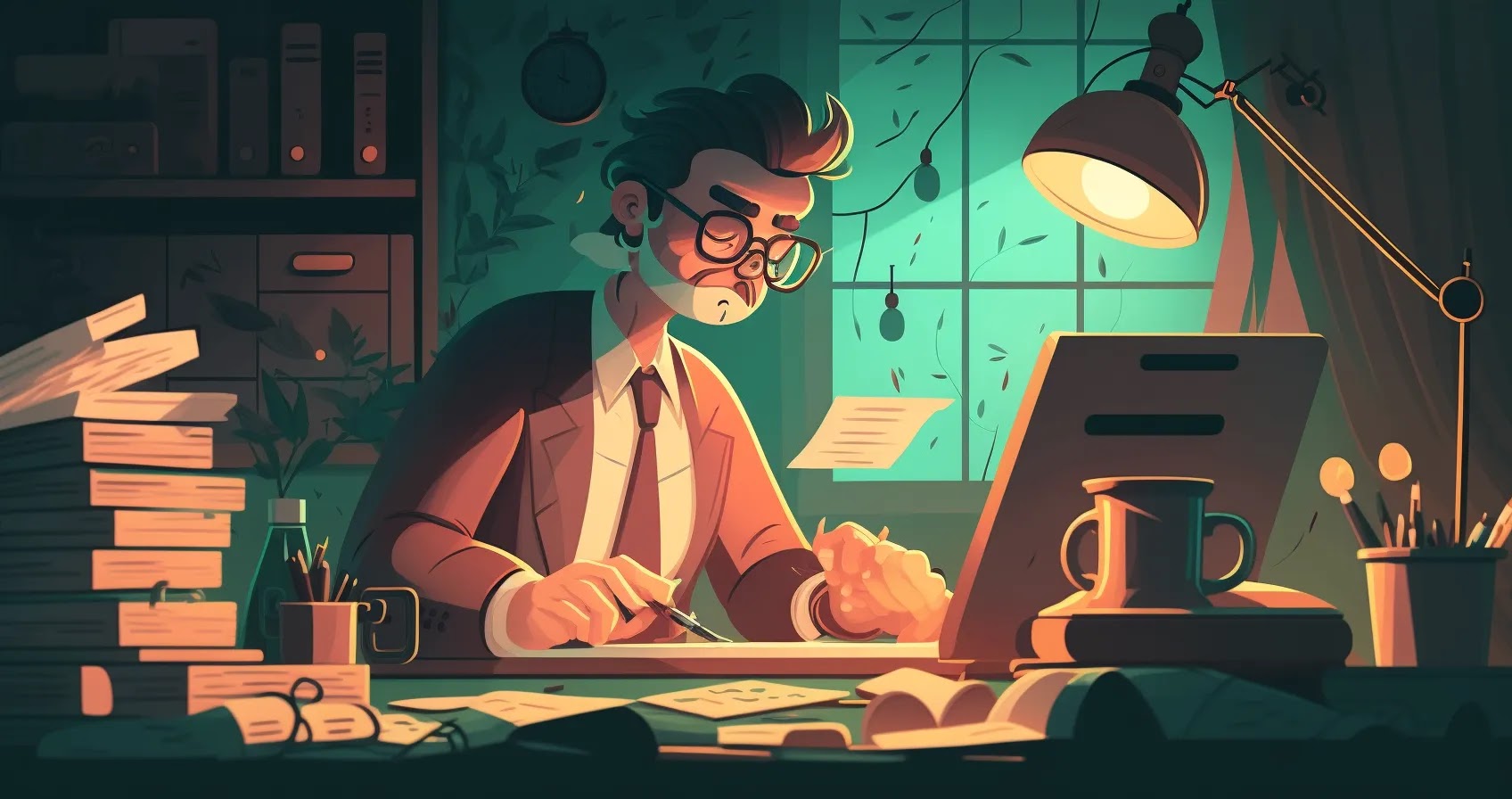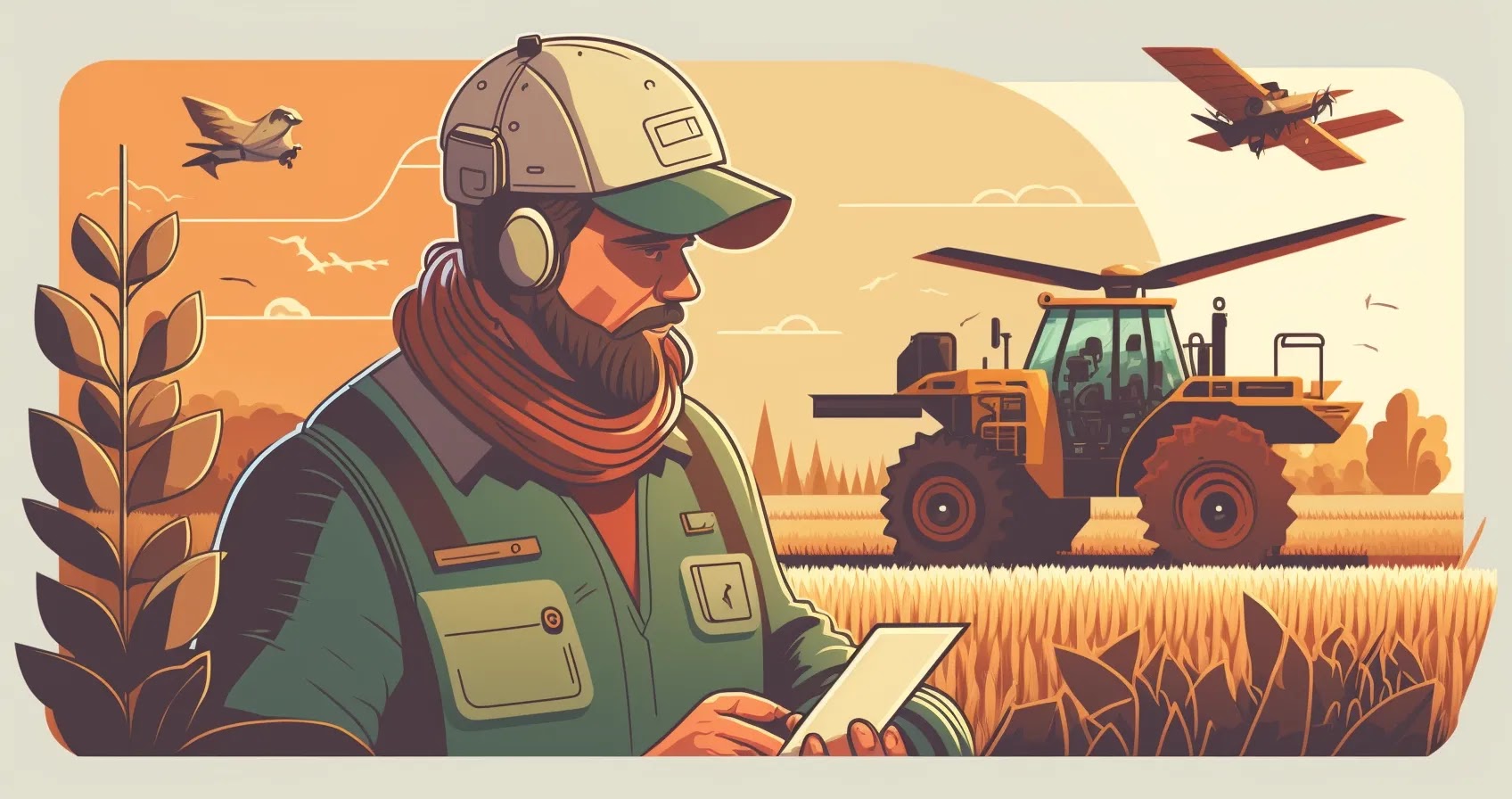Hello! today I am so excited to tell you about this unique and fulfilling career path. As a documentation engineer, your job duty is to create, maintain and improve technical documents such as user manuals, training materials, and product specifications.
And also work to ensure that these documents are accurate, easy to understand, and readily available to both internal and external stakeholders.

Why become a Documentation Engineer?
Documentation Engineers play a critical role in the success of any organization. Here are some reasons why this job is worth considering:
- Opportunity for Growth: As a Documentation Engineer, you will have the opportunity to work closely with different teams, including engineering, marketing, and sales. This provides a unique opportunity to learn about different aspects of the business and develop a diverse set of skills.
- High Demand: In today’s world of complex technology, there is an increasing demand for documentation engineers. This means that there are plenty of job opportunities and room for growth in this field.
- Fulfilling Work: As a Documentation Engineer, you will be responsible for creating materials that help people understand complex technical concepts. This can be very satisfying work, especially when you see how your work helps others.
Career Path of a Documentation Engineer
There are different paths to becoming a Documentation Engineer. Some people start as technical writers and work their way up, while others come from a technical background and transition into documentation. Here is a potential career path:
| Job Title | Description |
|---|---|
| Technical Writer | Responsible for creating and maintaining technical documents such as user manuals and product specifications. |
| Documentation Specialist | Responsible for managing and improving the documentation process, including templates, style guides, and workflow. |
| Documentation Manager | Responsible for overseeing the documentation team and ensuring that all materials are accurate, easy to understand, and readily available. |
| Senior Documentation Manager | Responsible for developing and implementing documentation strategies that align with the organization’s goals. |
Career Development
As a Documentation Engineer, there are many opportunities for career development. Here are some examples:
- Leadership Roles: As you gain experience, you may have the opportunity to take on leadership roles, such as managing a team or developing a documentation strategy for the organization.
- Cross-Functional Roles: As you develop a diverse set of skills, you may have the opportunity to move into cross-functional roles, such as product management or marketing.
- Specialization: As you gain experience, you may choose to specialize in a particular area, such as software documentation or medical writing.
Requirements of a Documentation Engineer
While there is no one-size-fits-all answer to what it takes to become a Documentation Engineer, here are some common requirements:
- Strong Writing Skills: You’ll need to be able to write clearly and concisely.
- Attention to Detail: You’ll need to have an eye for detail to ensure accuracy and consistency in your work.
- Technical Aptitude: You’ll need to be comfortable with technology and have a basic understanding of technical concepts.
- Collaboration Skills: You’ll need to be able to work with different teams and stakeholders to gather information and ensure that documentation meets their needs.
- Organization Skills: You’ll need to be able to manage multiple projects and deadlines.
Interview Preparation for a Documentation Engineer
Here are some tips to help you prepare for an interview as a Documentation Engineer:
- Research the Company: Learn as much as you can about the company and its products or services.
- Showcase Your Writing Skills: Bring writing samples that demonstrate your ability to write technical documents.
- Be Prepared to Discuss Projects: Be ready to discuss specific projects you have worked on and the challenges you faced.
- Demonstrate Your Collaboration Skills: Be prepared to discuss how you have worked with different teams and stakeholders to gather information and ensure that documentation meets their needs.
- Ask Questions: Prepare a list of questions to ask the interviewer, such as what the day-to-day responsibilities of the job are, or what the company’s documentation process is like.
Work-Life Balance
As a Documentation Engineer, work-life balance is achievable. Here are some ways to maintain a healthy work-life balance:
- Set Boundaries: Establish clear boundaries between work and personal life. This could mean setting specific work hours or not checking emails after a certain time.
- Take Breaks: Take breaks throughout the day to recharge and avoid burnout.
- Stay Active: Regular exercise can help manage stress and improve overall well-being.
- Do What You Love: Pursue hobbies or interests outside of work to maintain a sense of balance and fulfillment.
A Day in the Life of a Documentation Engineer
Here is an example of what a typical day might look like:
| Time | Task |
|---|---|
| 8:00 am | Check and respond to emails |
| 9:00 am | Meet with engineering team to gather information for a new product manual |
| 10:00 am | Begin drafting new product manual |
| 12:00 pm | Lunch break |
| 1:00 pm | Review and edit a colleague’s technical document |
| 3:00 pm | Meet with marketing team to discuss updates to the company website |
| 4:00 pm | Attend a team meeting to discuss project status and upcoming deadlines |
Wrapping Up
If you enjoy writing, have a technical aptitude, and enjoy working with different teams, becoming a Documentation Engineer could be an excellent career choice for you.
This job provides opportunities for growth, specialization, and cross-functional roles, as well as a fulfilling work experience. So, if you’re interested in this career path, start exploring your options today!










